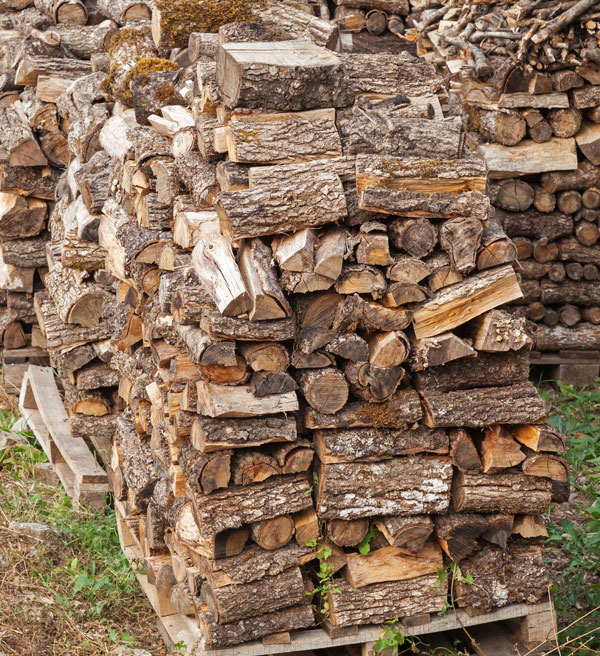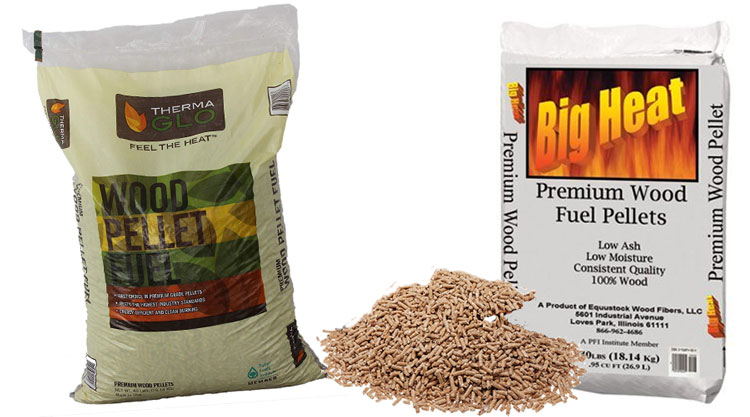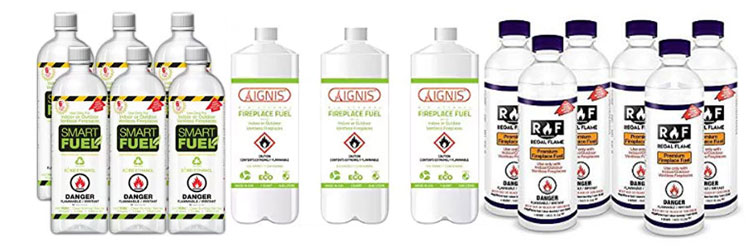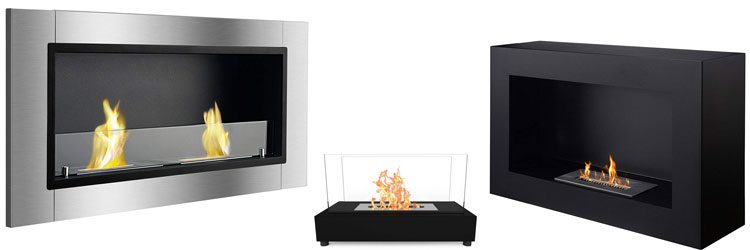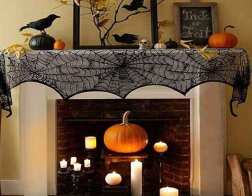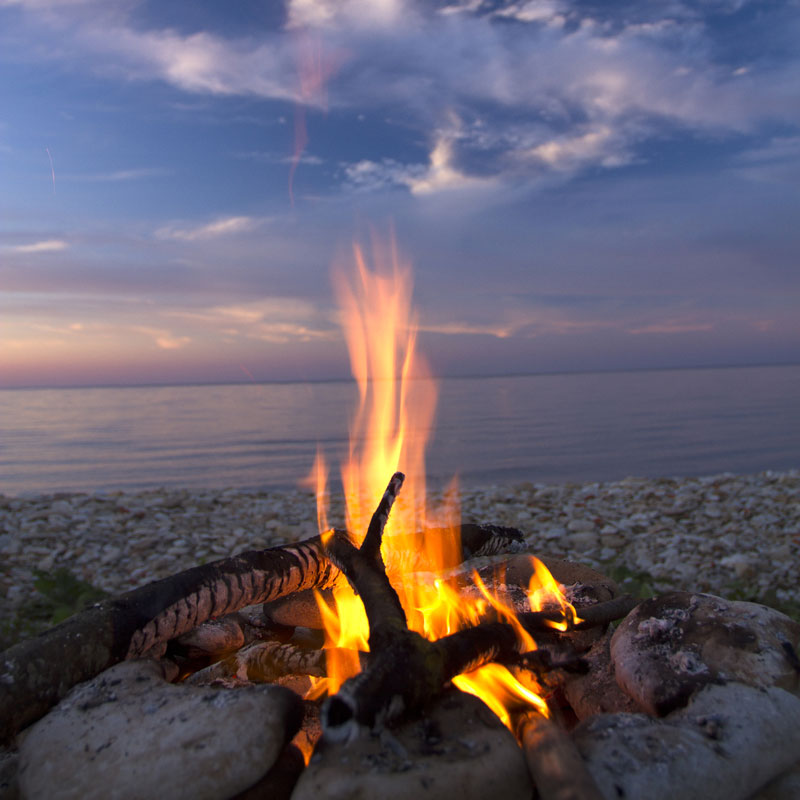by Tom
Share
by Tom
Share

The United States celebrates National Bioenergy Day each October. It recognizes and encourages the use of renewable and sustainable bioenergy sources. In 2021, National Bioenergy Day is October 20. When any organic material with few or no productive applications is used to generate energy, we call it “bioenergy.” The biomass can be any organic low value, waste or byproduct materials that we converted into energy instead of discarding it. Such renewable, biomass sources include the following:
- Forest debris such as byproducts from lumbering and from forest restoration.
- Agricultural waste such as nut shells, corn cobs, sugar cane and corp wastes.
- Manufacturing wood waste such as sawdust and furniture building scraps.
In 2017, renewable energy sources account for about 11% of total energy consumption and 17% of electrical generation. Biomass accounts for 45% of those United States’ renewal energy sources. Hydroelectric, wind, solar and geothermal comprise the other 55% of American renewable energy.
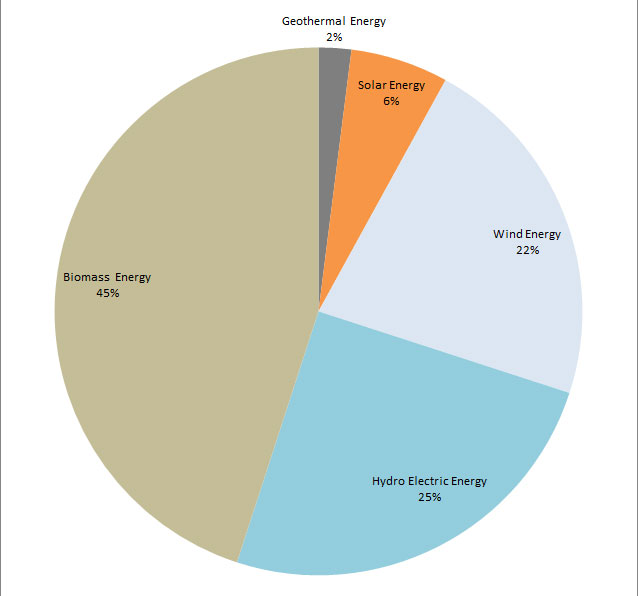
Renewable Energy Sources in the United States – 2017
National Bioenergy Day recognizes the most common household bioenergy heating uses:
- Wood-burning fireplaces and fire pits.
- Wood stoves, wood-burning fireplace inserts and wood furnaces.
- Free-standing pellet stoves, pellet inserts, boilers, and furnaces; and
- Ethanol fireplaces and fire pits.
Bioenergy Day celebrates the use of sustainable, renewable and carbon-friendly energy sources. Unlike fossil fuels such as coal, oil and natural gas, energy derived from organic material introduces little or no new carbons into the atmosphere. Furthermore, they are typically sourced and produced locally. Therefore, firewood, wood pellets, and ethanol require little additional fuel to get to the homes that use them.
Firewood is burned for heat and light in wood-burning fireplaces and fire pits and in wood stoves.
Wood pellets are manufactured from wood byproducts. They are uniform in size, shape, moisture content, density and energy content. Compared with firewood, their moisture content is lower (4% to 8% vs. 20% to 60% for fire logs). Their density is higher (40 pounds per cubic foot vs. 10 to 25 pounds per cubic foot for firewood.) Their lower moisture content and higher density results in higher BTU’s than firewood logs. Their uniformity of size and shape makes for more reliable heating.
Ethanol or ethyl alcohol is a renewable biofuel that is the result of a fermentation process using glucose from the following:
- Sugar, such as from sugar cane, sweet sorghum, or sugar beets.
- Starch from grains such as corn or wheat, or from tapioca.
- Cellulose from wood, grasses, and other cellulosic biomass.
Ethanol fireplace fuel typically comes in quart or liter bottles.
Ethanol fireplaces can be wall-mount, tabletop or free-standing. They require no venting, so they can be used almost anywhere.
Ugly Christmas sweater party on your calendar? Or looking for a unique and fun way to celebrate the holidays? Maybe you enjoy keeping your friends and coworkers entertained. Fireplace sweaters let you take the hearth glow wherever you go. So light up that Ugly Christmas Sweater Party or a cozy night in with bright dancing […]
A Halloween fireplace mantel scarf is the fabric drape that covers the top of the mantel. It provides the foundation upon which a Halloween themed mantel is created. The mantel scarf is to a fireplace mantel like a tablecloth is to a dining table: It sets the color scheme and theme. You can find a […]
Make no bones about it, skeletons are the backbone of Halloween decorating. A Halloween skeleton fireplace with simulated human, dog and cat, bat and rat, bird and reptile, or even dragon and unicorn skeletons can send tingles up your spine. In addition to decorating the fireplace, skeletons can sit on chairs or couches and hide […]
Mosquitos are the bane of everyone who wants to relax by a fire pit or fire bowl or campfire. A careful selection of specific eco-friendly firestarters, logs and other fire fuels can safely repel those flying pests. Here is a list of what to burn for mosquito free fire pit or other outdoor fires. What […]
